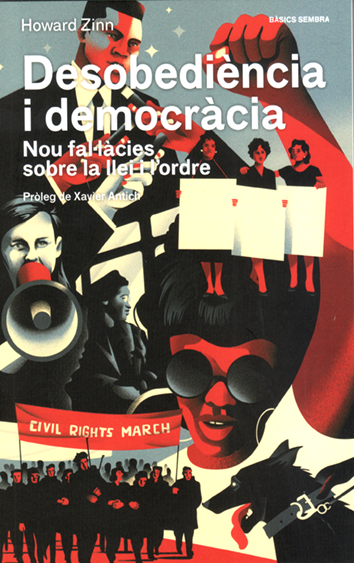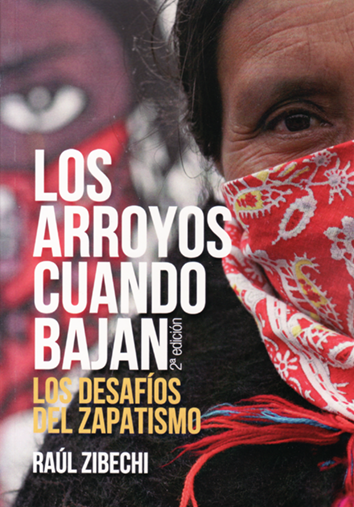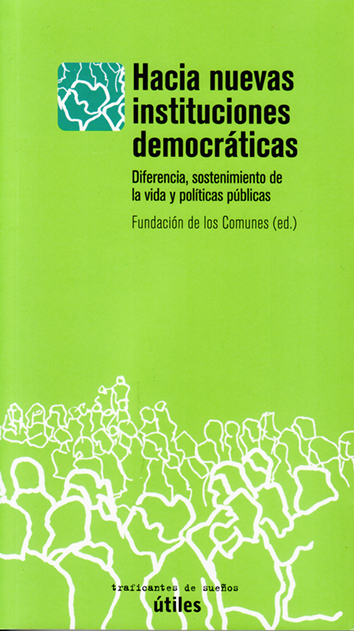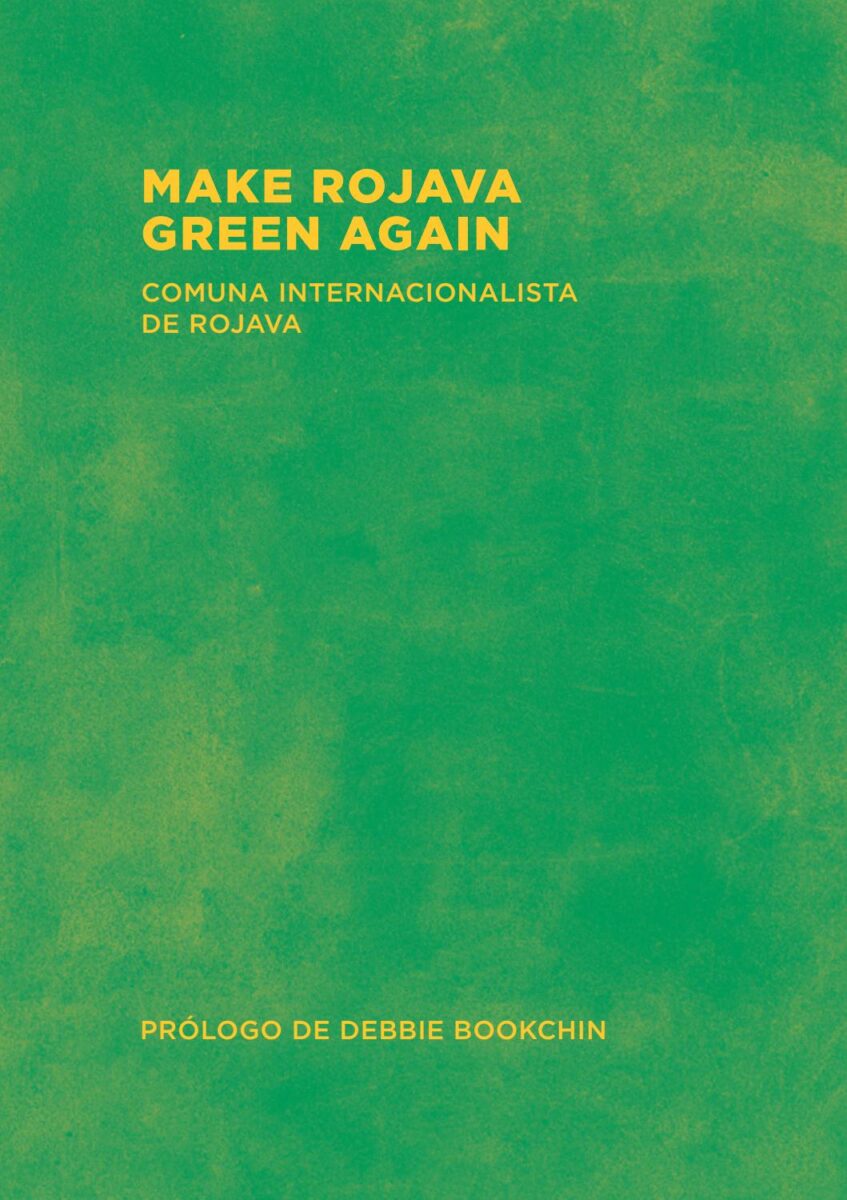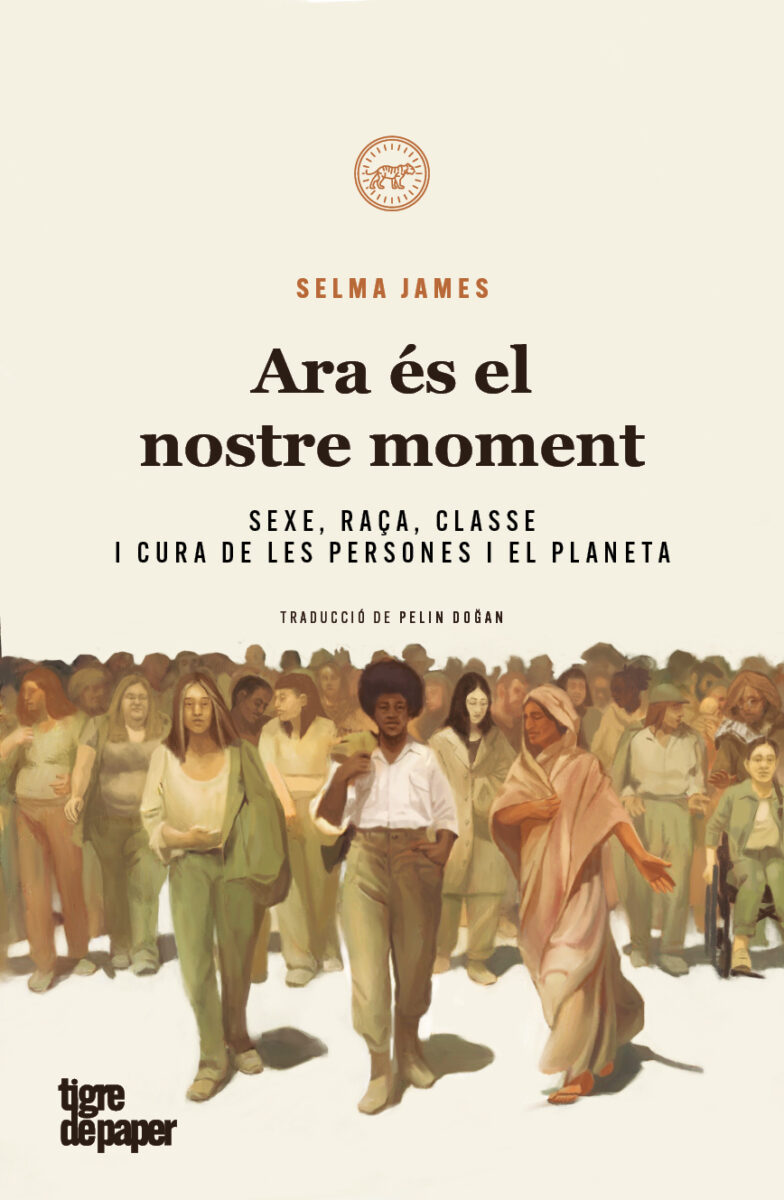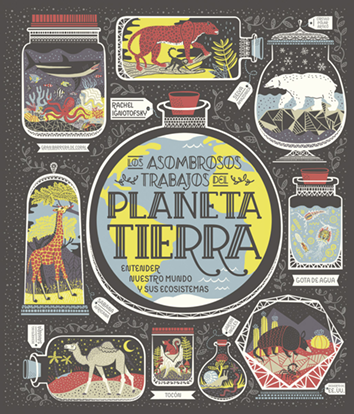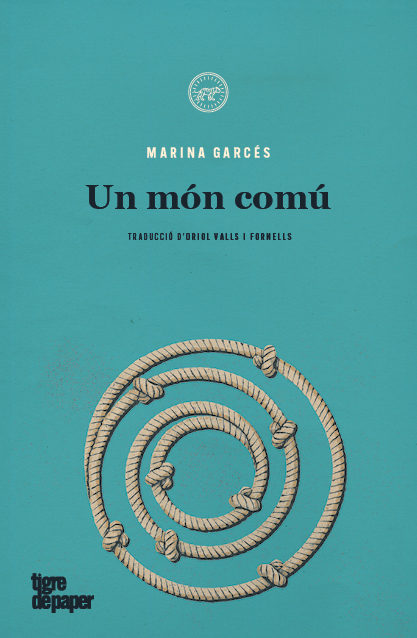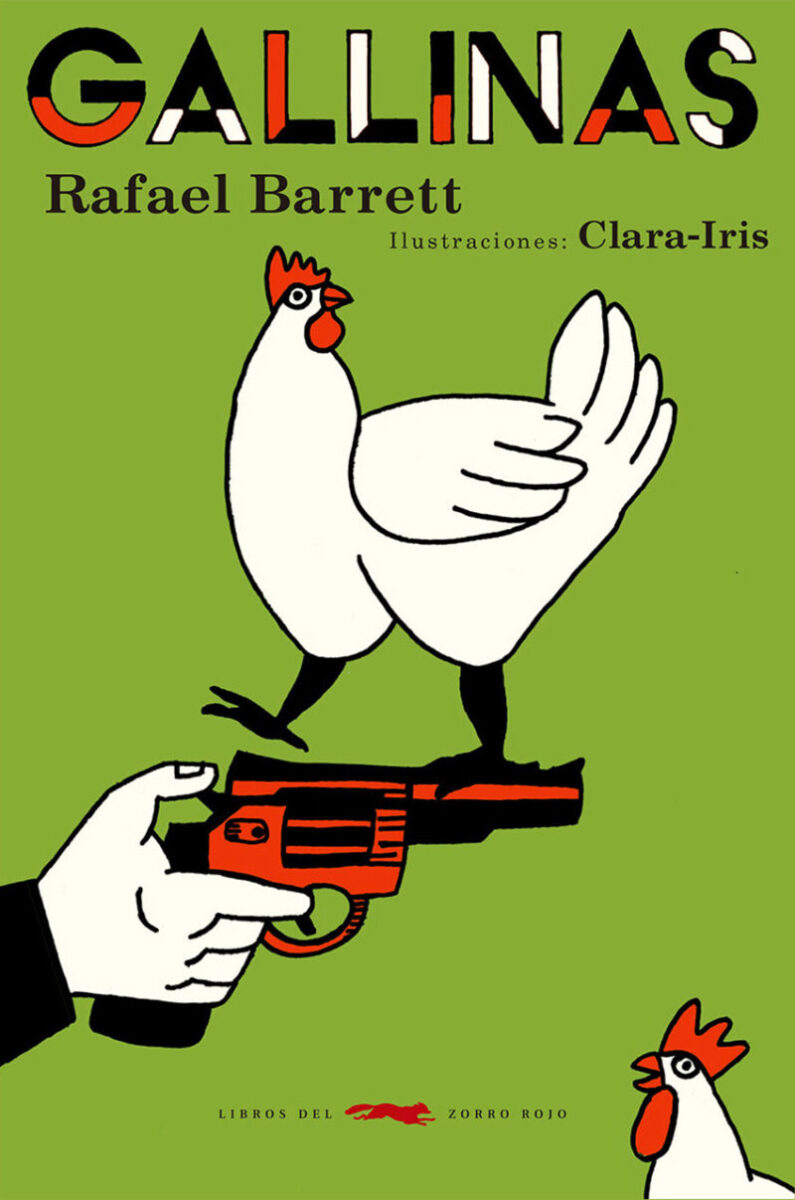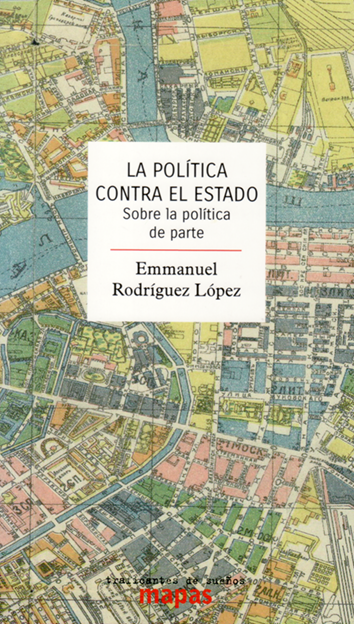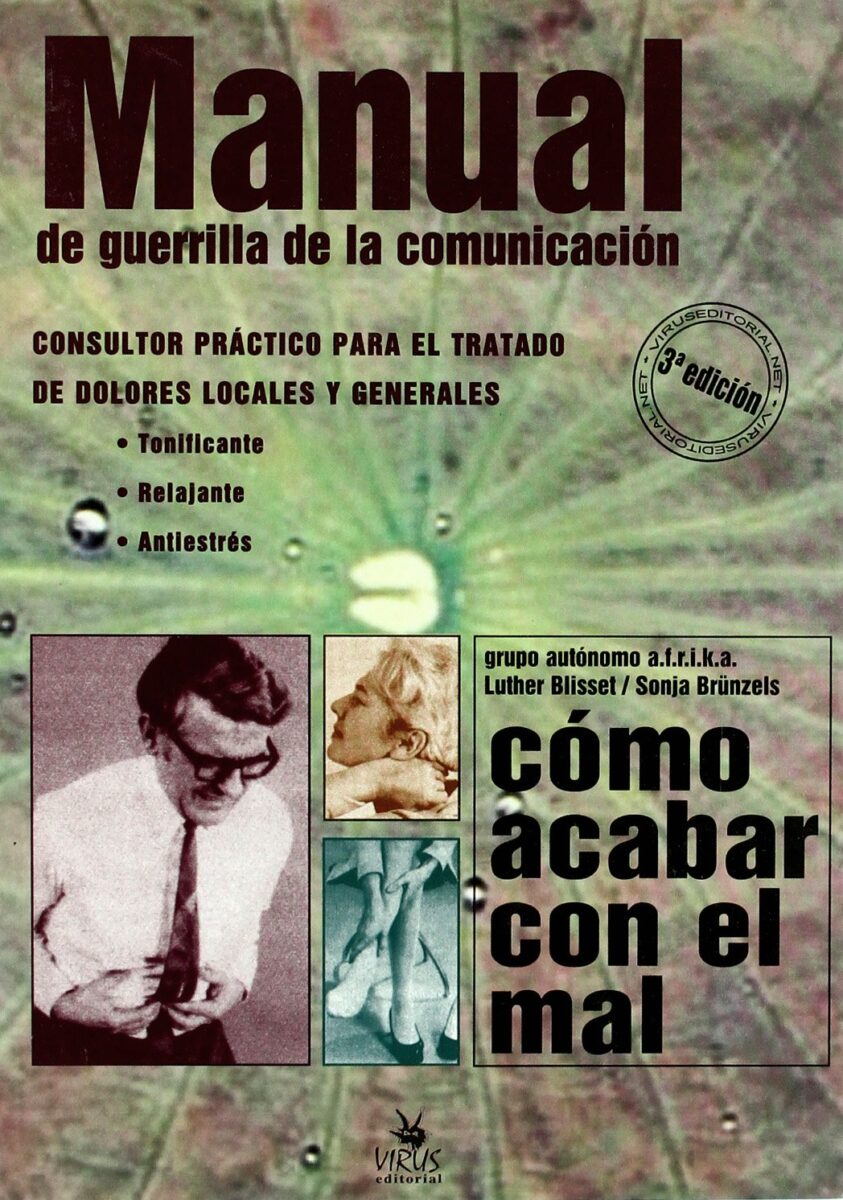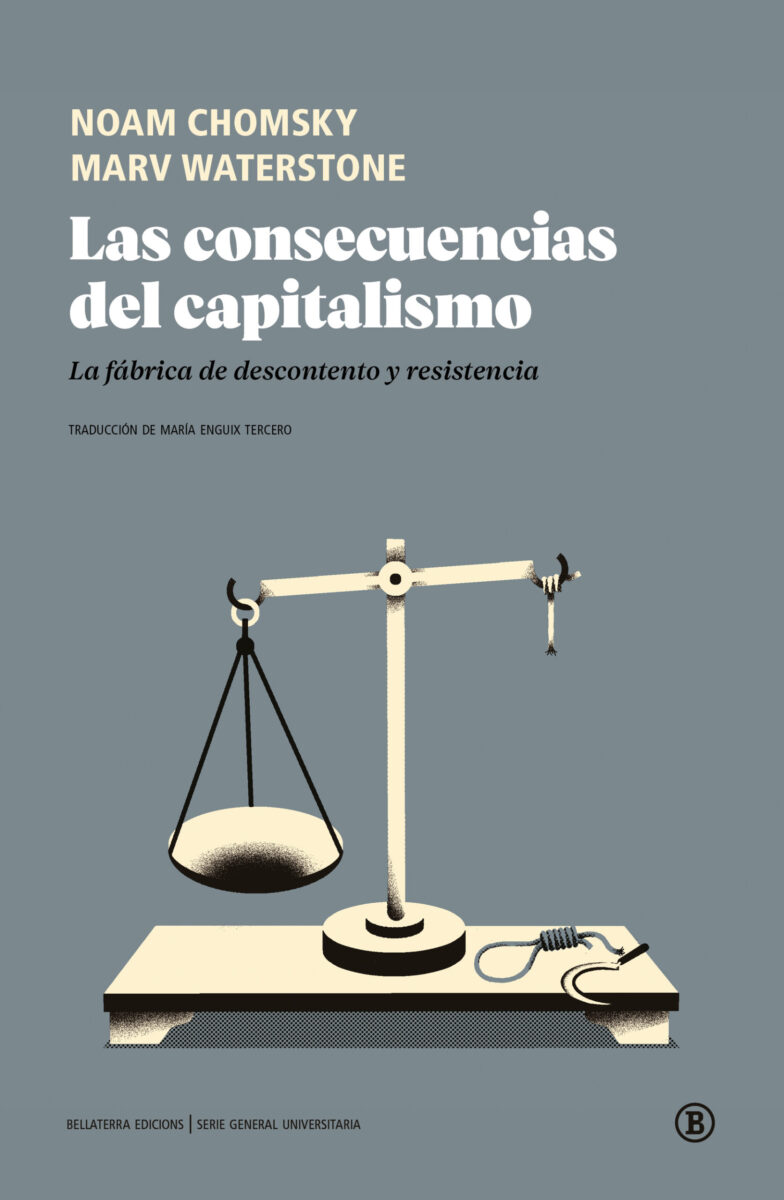The Ecology of Freedom
The emergence and dissolution of hierarchy
"The very notion of the domination of nature by man stems from the very real domination of human by human." With this succinct formulation, Murray Bookchin launches "The Ecology of Freedom", his most exciting and far-reaching work yet. This engaging and extremely readable book´s scope is downright breathtaking. Using an inspired synthesis of ecology, anthropology, philosophy and political theory, it traces our society´s conflicting legacies of freedom and domination, from the first emergence of human culture to today´s global capitalism. The theme of Bookchin´s grand historical narrative is straightforward: environmental, economic and political devastation are born at the moment that human societies begin to organize themselves hierarchically. And, despite the nuance and detail of his arguments, the lesson to be learned is just as basic: our nightmare will continue until hierarchy is dissolved and human beings develop more sane, sustainable and egalitarian social structures.
24,00€
«The most systematic articulation of ideas.» San Francisco Review of Books
«Elegantly written, and recommended for a wide audience.» Library Journal
The Ecology of Freedom
The emergence and dissolution of hierarchy
"The very notion of the domination of nature by man stems from the very real domination of human by human." With this succinct formulation, Murray Bookchin launches "The Ecology of Freedom", his most exciting and far-reaching work yet. This engaging and extremely readable book´s scope is downright breathtaking. Using an inspired synthesis of ecology, anthropology, philosophy and political theory, it traces our society´s conflicting legacies of freedom and domination, from the first emergence of human culture to today´s global capitalism. The theme of Bookchin´s grand historical narrative is straightforward: environmental, economic and political devastation are born at the moment that human societies begin to organize themselves hierarchically. And, despite the nuance and detail of his arguments, the lesson to be learned is just as basic: our nightmare will continue until hierarchy is dissolved and human beings develop more sane, sustainable and egalitarian social structures.
«The most systematic articulation of ideas.» San Francisco Review of Books
«Elegantly written, and recommended for a wide audience.» Library Journal





